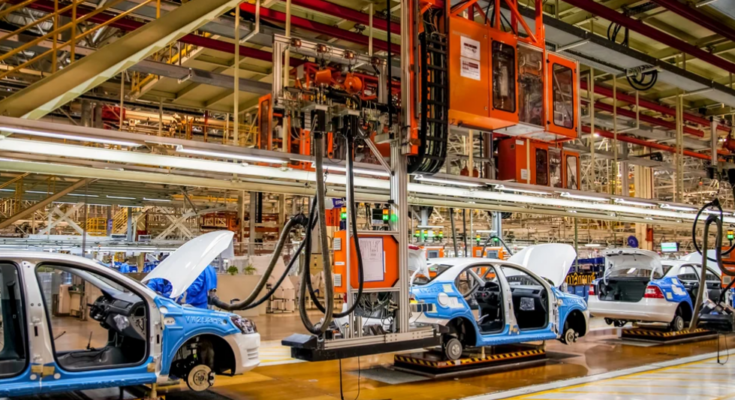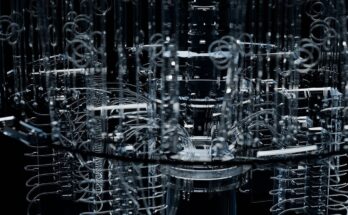Key takeaways
- The EU increased tariffs from 10% to 45% in November after Chinese EV sales in Europe increased by 61% in September.
- In the midst of tariff negotiations, the Chinese government is advising state-owned automakers to suspend new production plans and delay EU expansion.
- Due to tariffs, Dongfeng has already put a halt to its plans for expansion, although GAC Group and SAIC are still investing.
As the government exerts pressure on state-owned companies, China pushes automakers to freeze production plans and slow EU expansion in the face of additional tariffs.
Sales of Chinese-made electric vehicles in Europe hit a record high in September, totaling 60,517 units, a 61% increase over the same month the previous year. By next year, Chinese EVs might account for 17% of the EU market, up from the current 9%, thanks to this rise.
The European Commission concluded that subsidies in the Chinese electric vehicle industry may disadvantage domestic producers. As a result, starting in November, the EU will increase tariffs on electric vehicles built in China from 10% to 45%. Based on the European Commission’s assessments of subsidies, this rise is anticipated to cost automakers billions of dollars over the next five years and will differ for each manufacturer. China has vowed to levy taxes on European cars, dairy products, brandy, and pigs in response.
China Tells Automakers to Postpone EU Growth
The Chinese government is now advising automakers to restrict their expansion in Europe because it is unhappy with the EU’s increased import taxes. According to unnamed Bloomberg sources, Beijing is telling automakers to stop looking for new agreements and manufacturing locations in the EU while tariff talks on Chinese electric vehicles are still ongoing.
The problem is made more difficult by the fact that the majority of Chinese automakers are state-owned, giving the government considerable control over their business practices. Amid the current tariff negotiations, Changan Automobile canceled its brand launch event in Milan this week, and Dongfeng Motor Group has already delayed its intentions to build cars in Italy as a result of these threats.
In tariff negotiations, automakers resist government pressure
However, whether most automakers will comply is still up in the air. For example, despite pressure from the government to stop, state-owned GAC Group intends to keep investing in Europe, according to The South China Morning Post. In the meantime, BYD is constructing a factory in Hungary that is scheduled to open next year, and SAIC is looking for potential sites for an EV plant. The T03 electric city car is already being produced in Poland by Leapmotor, a company owned by Stellantis.
China and the EU have promised to look for a different deal to avoid taxes in the interim.


